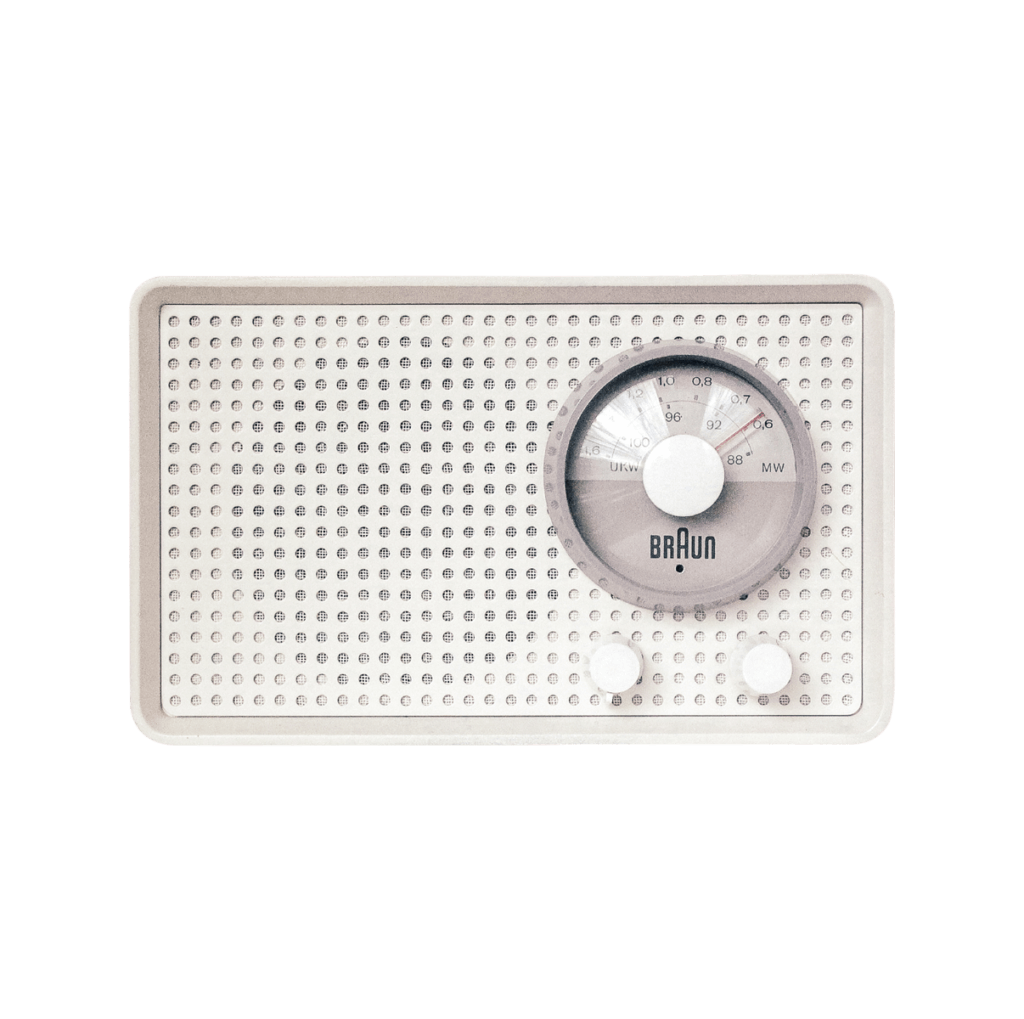Minimalism, like a lot of things in life, means different things to different people. I’m going to do my best to tell you what it means to me and why it’s something worth knowing about.
People often think going minimalist means they have to give away their iPhone, sell their car and become a recluse. They’re wrong. Minimalism is about embracing the notion that in life, you can get more from less. My all-time favourite designer Dieter Rams once laid down the law by saying “good design is as little design as possible”. He’s right.
By removing every unnecessary element from his work and favouring simplicity above all else, Rams created some of the most appealing, approachable design this world has seen. His products were better because of what they didn’t do.
Design is just the start. This simple notion of ‘less is more’ can have a profound impact when applied to other aspects of life. Let’s take possessions as an example. “Less” could mean you still wear your favourite wristwatch that’s worth more than a small car, but the “more” is what you’ll feel when you realise you don’t need ten of them to be happy. Minimalism is about appreciating the nice things in your life whilst not being defined by them.
A good friend of mine from Tokyo Nagahisa San inspired me to get started. Naga lives in a tiny little apartment in Nakameguro. It spans two levels but the total floor space wouldn’t be more than 35m2. There’s a shower in the middle of the kitchen (literally), an office, a guest suite (of sorts) and the interior design in his space is completely on point. What struck me as being polar opposite to your typical Australian bachelor pad were the items contained in the house. Every single thing had a purpose. If something wasn’t used on a regular basis, it wouldn’t be in there. If it didn’t fit, it wouldn’t be in there. Naga still has a top of the line iMac on his desk, a plethora of Aesop in the bathroom and a superbly curated collection of design books. He appreciates the beauty of these objects, however more importantly they all get used to their full potential, all the time.
So ask yourself this; what could you do without? If you’re not using it regularly, get rid of it. You’ll appreciate what’s left even more.
Image: Flickr
